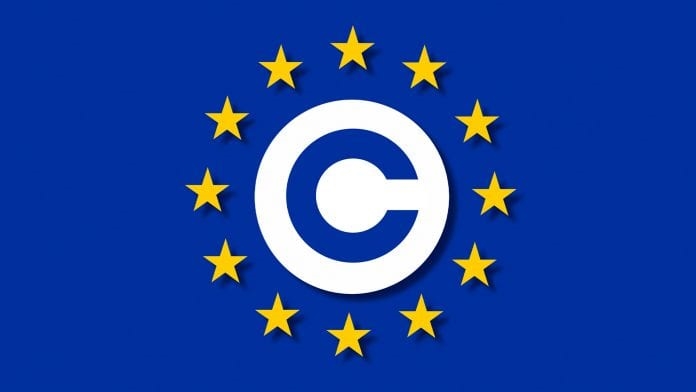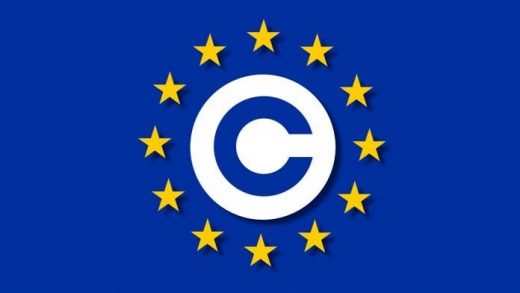Google, YouTube Face Challenges As EU Copyright Directive Awaits Final Vote
Google, YouTube Face Challenges As EU Copyright Directive Awaits Final Vote

The European Union early Thursday locked in a negotiated deal on a new copyright directive that mandates major online platforms such as Google, YouTube, Facebook and others must share revenue with artists and content creators.
In the new ruling, Article 13 of the EU Copyright Directive, the platforms could be responsible for the content that users upload to the site.
Although it doesn’t force companies to filter what users upload, the platforms may not have a choice if they are held responsible for what people can search for and find on their platforms.
That nuance could require online platforms to further integrate filters that prevent users from uploading copyrighted materials. Sites like YouTube, which has a Content ID system, can detect copyright-protected music and videos to block them.
The directive, however, will require licensing agreements with copyright holders such as authors, music producers, journalists and news publishers to use their work online.
Article 13 is described as a copyright directive covering how online content sharing services should approach copyright-protected content, such as television programs and movies.
The BBC reports that it took three days of talks in France to agree on the wording in the law. Members of the European Parliament will vote to decide whether it becomes law.
“If the UK leaves the EU with a deal, and the directive becomes law, it would apply to the UK during any transition period,” the media outlet reports.
The Electric Frontier Foundation in a blog post notes there are “tiny, useless” and “generous” exceptions” in Article 13 to ease the pain. “Under the final text, every online community, service or platform is required to make ‘best efforts’ to license anything their users might conceivably upload, meaning that they have to buy virtually anything any copyright holder offers to sell them, at any price, on pain of being liable for infringement if a user later uploads that work.”
There is also a long list of exemptions such as non-profit online encyclopedias, open-source software development platforms, cloud storage services, online marketplaces and communication services.
The proposed law will have a final vote in the next few weeks. If passed, it will be implemented by national governments during the next two years.
(22)


